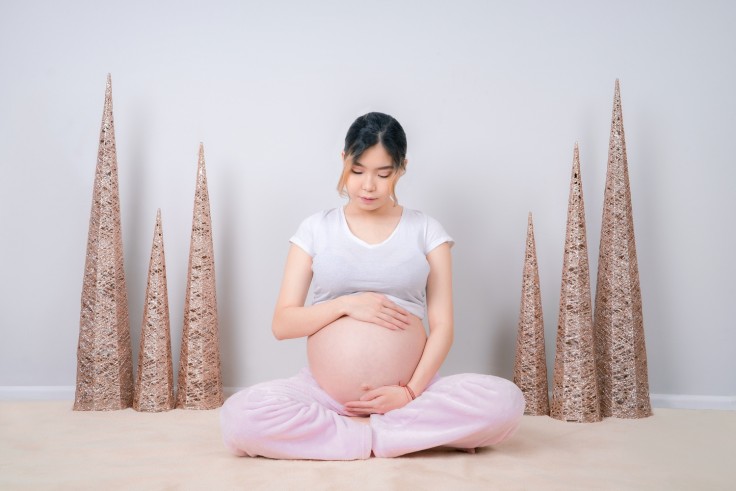
How pregnancy changes your skin is commonly natural hormonal changes that cause skin breakouts. These changes often lead to the emotional distress of women.
Other pregnant women have undoubtedly warned you about all of these, and so you are no longer surprised when you reached these milestones in your journey through pregnancy. The last thing that you'll know, you've been feeling that itchy and acne changing your skin.
These skin changes during pregnancy are very natural. Aside from hormonal, immunological changes also cause it. Pregnant women need to understand what these changes are and why they arise during that period; recognizing when you should seek expert advice is just as important.
Signs of skin changes during pregnancy
Itching
There are many reasons you may feel itching during the period of your pregnancy; more often, it includes; stretching of skin, dryness, perfumes or fabrics, hormones, prurigo, and cholestasis.
It's essential that you remember where you feel the itchiness, for that's how pregnancy changes your skin. Some itching is in the belly, and itching breasts may be involved with most pregnancies because the skin is going through so many changes in these regions.
You don't have to worry too much, for it natural to experience mild itchiness, but extreme scratching of the belly, arms, and legs may signify that your body requires some medical attention. Some women during their pregnancy also experience vaginal itching, which may require clinical care. Furthermore, rashes can also occur due to your extreme and frequent itching.
When Chlolestasis and Pruritic urticarial papules and plaques (PUPP) of pregnancy occur, that's the time you are best to call your doctor.
Cholestasis is a disease of the liver that results in a blood build-up of bile acids. Though you don't have to rash over these symptoms, the yellow tone can grow on the skin. In the period of your pregnancy, the disorder typically develops in the third trimester; if it does arise, but to some, it doesn't.
While the signs for PUPP that you need to watch are; rashes like pimple-like dots, typically found around your stretch marks but don't often go to the breast areas, they go very itchy during the night.
ALSO READ : Are Shaking, Trembling Hands, and Legs Normal In Early Pregnancy? Find Out Its Cause And Treatment
The acne during pregnancy
Acne, on the other hand, is prevalent that changes your skin during pregnancy.
The acne treatments usually dwell on regulating the sebum's output and clearing those clogged pores that bacteria occupy. Women may treat pregnancy acne with medicine or natural remedies.
Although acne is a natural and common change in women's bodies during pregnancy, it is best advised to seek your doctor before putting any remedies to your skin. Your doctor can only advise you on what medicines and treatment you can use while pregnant.
Appearing of Moles
Your moles also change when your pregnant, but they are mostly benign. In fact, your mole reportedly shifts in its size and color during your pregnancy. As your skin stretches, it perhaps shows these shifts, and they are primarily a common physical change that naturally happens as part of pregnancy.
Though moles naturally change, there are certain areas you need to consider before you go to your doctor. When you feel like there is a potential risk of melanoma, you cannot confirm it yourself. You may find this guide helpful for your while your doctor is not yet around.
You might want to ask your doctor if you already notice the following occurring in your existing moles or developing a new mole.